Μαθησιακά Αποτελέσματα
Με την επιτυχή ολοκλήρωση του μαθήματος ο φοιτητής αποκτά τις κάτωθι γνώσεις, δεξιότητες και ικανότητες:
Απόκτηση Γνώσεων:
1. απόκτηση επιστημονικής γνώσης σε ειδικές θεματικές περιοχές του γνωστικού αντικειμένου του μαθήματος.
2. απόκτηση γνώσεων για την επίλυση προβλημάτων που τίθενται στην επιστημονική περιοχή του γνωστικού αντικειμένου και ειδικά για περιπτωσιολογικές μελέτες.
Καλλιέργεια Δεξιοτήτων:
Με την επιτυχή ολοκλήρωση του μαθήματος ο φοιτητής δύναται:
1. να εφαρμόσει τα θεωρητικά και μεθοδολογικά εργαλεία του μαθήματος σε πραγματικές περιπτωσιολογικές μελέτες.
2. να αναλύει σύγχρονα προβλήματα των θεματικών περιοχών του μαθήματος.
3. να λαμβάνει αποφάσεις σχετικά με κρίσιμες πτυχές των προβλημάτων στην σύγχρονη οικονομία.
4. να αναπτύσσει κριτική σκέψη για σύγχρονα προβλήματα των θεματικών
περιοχών του μαθήματος.
5. να συμβάλλει σε ομαδικές εργασίες επί θεμελιωδών προβλημάτων της σύγχρονης οικονομίας
6. να κατανοεί τις αποφάσεις νοικοκυριών, επιχειρήσεων, φορέων άσκησης οικονομικής πολιτικής και άλλων ομάδων.
7. να αναζητά, αναλύει και να συνθέτει στατιστικά στοιχεία και πληροφορίες που συνδέονται με προβλήματα των ειδικών θεματικών περιοχών του γνωστικού αντικειμένου.
Ανάπτυξη Ικανοτήτων:
Με την επιτυχή ολοκλήρωση του μαθήματος ο φοιτητής αποκτά:
1. ανεπτυγμένη κριτική σκέψη για επίλυση των προβλημάτων ειδικών θεματικών περιοχών του γνωστικού αντικειμένου,
2. ικανότητα ανάλυσης οικονομικών ζητημάτων,
3. ικανότητα σύνδεσης των ικανοτήτων με επιτυχή σταδιοδρομία στον ιδιωτικό ή δημόσιο τομέα, σε χρηματοπιστωτικά ιδρύματα και σε διεθνείς οργανισμούς,
4. ικανότητα ανάληψης μεταπτυχιακών σπουδών υψηλού επιπέδου στην οικονομική επιστήμη και στην διοίκηση επιχειρήσεων.
5. ικανότητα αξιολόγησης ερευνητικών ιδεών
6. ικανότητα ανάληψης ατομικής εργασίας και συνεισφοράς σε συλλογική εργασία
Καθηγητές
Επιλέξτε για να δείτε περισσότερες πληροφορίες για κάθε καθηγητή.
| Όνομα | Τίτλος | |
|---|---|---|
| Γκόγκας Περικλής | Καθηγητής | pgkogkas@econ.duth.gr |


